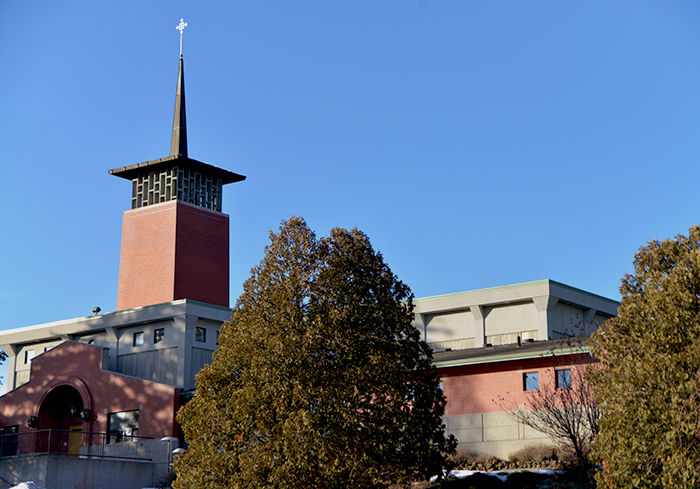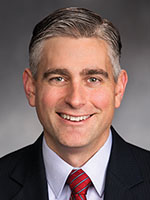God above politics
February 24, 2017
Some Palouse church officials are not on board with President Donald Trump’s vow to repeal the amendment that prohibits churches from politically endorsing without the risk of losing their tax-exempt status.
Enacted in 1954, the Johnson Amendment created the political and financial separation between church and state, making each church its own nonprofit, tax-exempt organization. This allowed them to freely speak their beliefs without backlash from the government, which does happen in some countries.
Trump wants to “totally destroy” the amendment, in order to allow “representatives of the faith” to speak their minds without fear of losing their tax-exempt status, according to a New York Times article. Trump has said that everyone is allowed to speak freely except churches, which is part of the reason for the repeal.
The Johnson Amendment actually allows for all clergy to speak their minds socially and politically, but it stops them from endorsing or opposing political candidates, according to the Internal Revenue Service (IRS) website.
The IRS didn’t start an audit on a single church during former President Barack Obama’s first term and only two audits in 2013 and 2014, according to a September 2016 Wall Street Journal article.
Many Palouse church officials do not see the benefit of such a repeal.
“While we absolutely will preach the gospel, even if the law were repealed, we would not preach a political party or a political candidate,” said Robin Biffle, priest of St. Mark’s Episcopal Church in Moscow. “That’s not what we do.”
Though Trump’s intent is to allow churches to make political endorsements, many church officials in the Palouse feel this could result in churches becoming biased, making communication between church and state more difficult if they don’t agree with the government on everything.
“As a pastor, I have no objection to the Johnson Amendment,” Debbie Sperry, pastor of Moscow First United Methodist Church, said in an email. “It limits a pastor’s [and/or] a church’s ability to endorse a particular candidate, but not our ability to speak to issues, which I think is more relevant.”
Sperry said even if the amendment is repealed, she will not change her practice as a pastor.
“I believe it’s my job to teach the Bible and help people think through the issues, including those deemed ‘political,’ ” she said.
Biffle said she doesn’t believe it will affect her congregation at all, because she maintains the separation of church and state.
“[The episcopal] church began as a response to the American Revolution and the understanding that we were now an established church, not just a church of the nation,” she said.
Drew Worsham, pastor of the WSU-site of Resonate Church, said the way the laws are now doesn’t have a major influence on how church members live in the community.
“In the end,” Worsham said, “it doesn’t change the fact that, as a church, we’re called to love people.”
Repealing the amendment could also make church advertising on college campuses either easier or more difficult, Worsham said, depending on the political affiliations church officials choose to take.
Elizabeth Stevens, minister of the Unitarian Universalist Church of the Palouse, feels the separation between church and state is a part of the fabric of this nation.
“Religious pluralism is one of the values of this country, and that means all religions,” she said.
Stevens went on to describe how religions, from Catholicism to Buddhism, are independent from each other and from the state, which she said is an important relationship to maintain.
Both Stevens and Worsham agree that Trump’s threat could be just that: a threat. Stevens said it is unlikely this proposed repeal would become constitutional.
“Freedom of religion is in the constitution,” she said. “I hope to see the preservation of this separation.”
Though Trump said this repeal would stop the IRS from reprimanding pastors for their political activities, Biffle said if their church did end up losing their tax-exempt status, it would hurt the church’s ability to give to the community, as they’d have to give 10 percent of their income away.
“We give to the hungry, to the homeless, we monetarily volunteer,” she said. “If we were to pay property taxes, we would not be able to give to those who fall through the safety nets.”






















